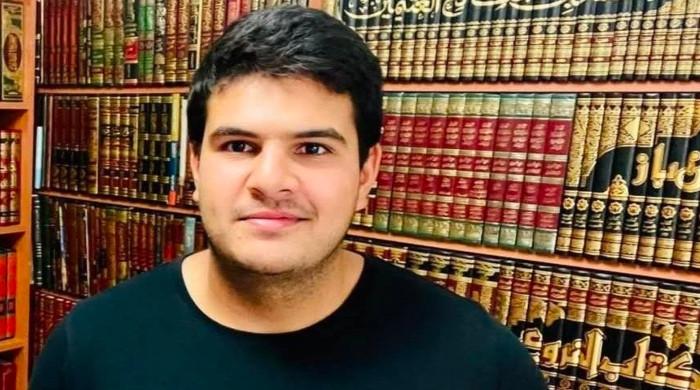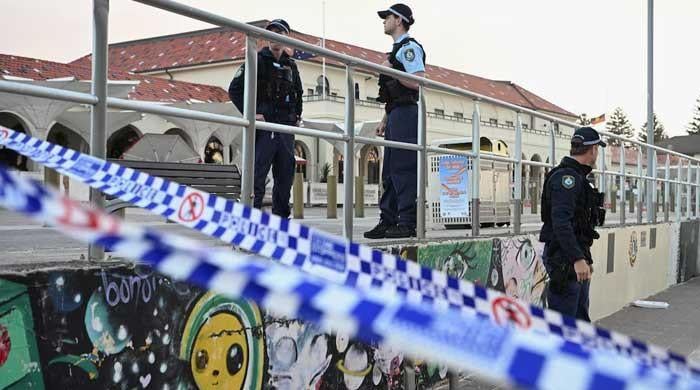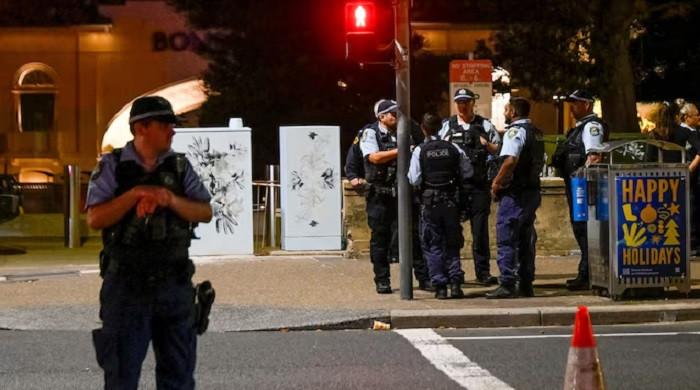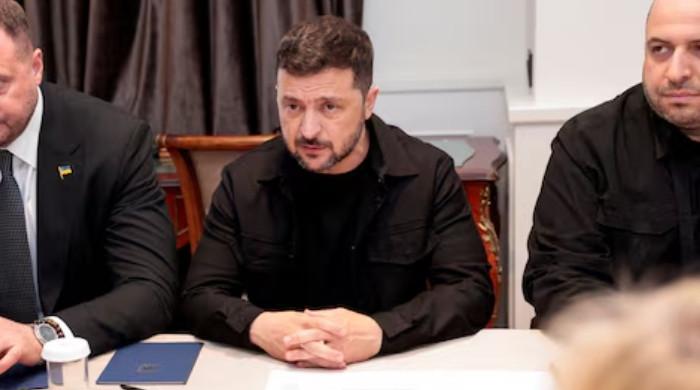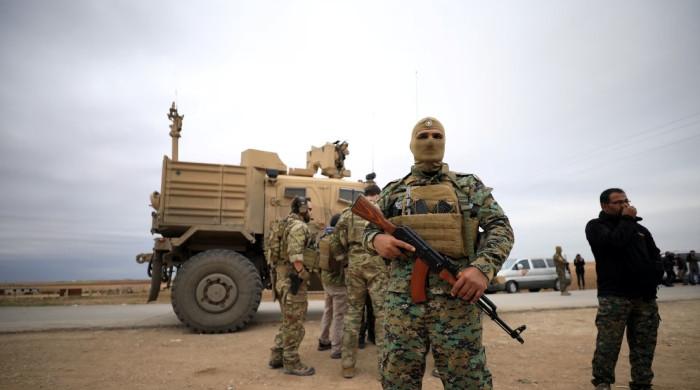Canada to compensate indigenous children taken from families
In recent years, several recent lawsuits and class actions were filed over the children´s loss of aboriginal identity
October 06, 2017
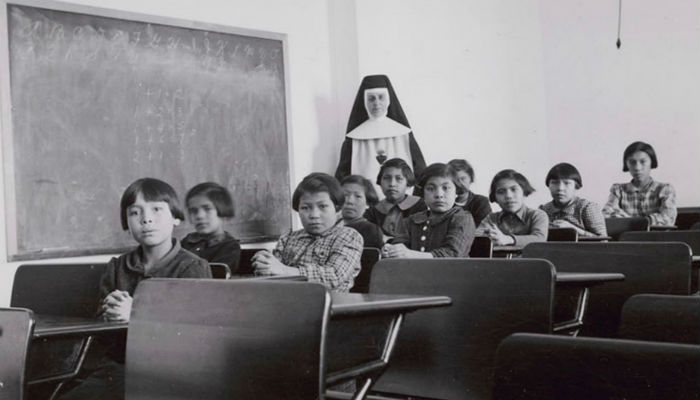
OTTAWA: An estimated 20,000 indigenous children taken from their families in the 1960s and placed for adoption or fostering will share in a Can$800 million (US$640 million) payout, the government announced Friday.
The so-called "Sixties Scoop" saw them placed with primarily white middle-class families in Canada, the United States and overseas.
In recent years, several recent lawsuits and class actions were filed over the children´s loss of aboriginal identity, claiming it resulted in psychiatric disorders, substance abuse, unemployment, violence and suicides.
"People affected by the ´60s Scoop have told us that the loss of their culture and language are the worst kinds of harm that they suffered," Indigenous Relations Minister Carolyn Bennett told a press conference, flanked by Scoop survivors and tribal chiefs.
"That is why our government is responding directly to remedy the ill-advised (policies) of the past."
Bennett introduced four Scoop survivors who were raised in the United States, another who now speaks with a Scottish accent and a sixth who had been taken from her home in the Arctic and placed with a family in Nova Scotia province, more than 6,000 kilometres (3,725 miles) away.
"It is heartbreaking to learn how far away not only were they from their families and communities but... from their culture and language," she said.
"I have great hope... this will never happen in Canada again," Beaverhouse First Nations chief Marcia Brown Martel commented.
The settlement, which still requires court approval, will be split between Scoop survivors and a reconciliation foundation, with about Can$750 million going to the survivors.
A small number of lawsuits launched by survivors remain outstanding and are not included in the settlement, but Bennett said she would "work with them" toward a resolution.
Those individuals who were sent abroad to live with foreign families will also be invited to return to Canada, if they wish.




